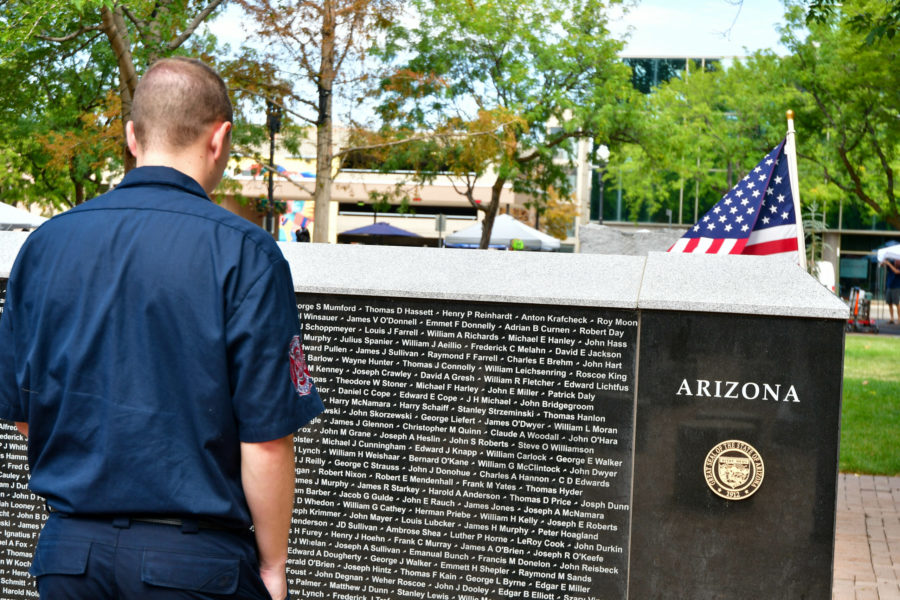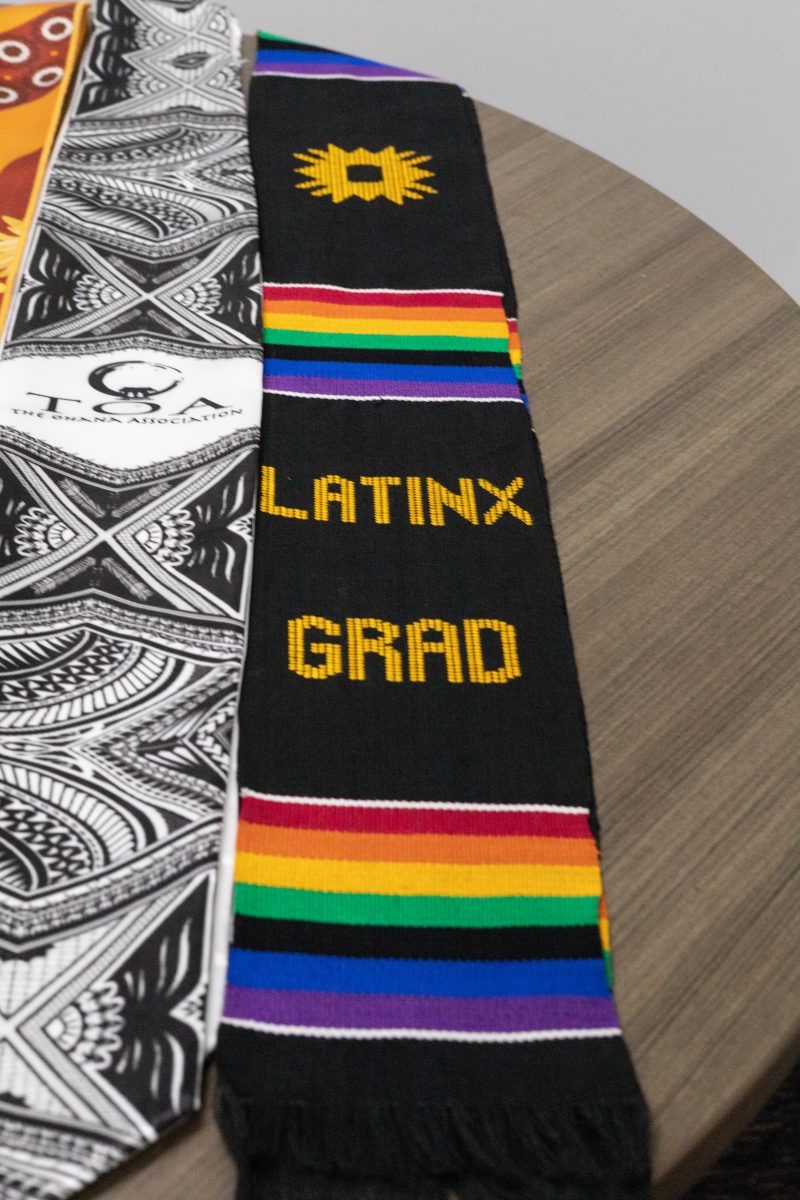For military students attending college, the GI Bill is a form of tuition assistance funded by Congress and will pay for in-state tuition only. But for the military students who are deemed “out-of-state” due to prolonged military service, they must t
hen come up with the difference themselves. This has posed as a problem for many veteran students across the country.
“So certainly here at Weber, where we have a high military (population), we absolutely appreciate military,” said Scott Teichert, director of admissions. “Students who are on the GI Bill, if they are an out-of-state resident, then they need to come up with the out-of-state portion or the difference in between.”
The Utah Board of Regents sets Weber State University’s in-state tuition policy. According to Teichert, the residency policy also comes from the Board of Regents’ Office. WSU’s policy is the exact same as all of the other state universities.
“So, a lot of times, people feel like it’s a Weber State thing, but it’s not. It’s the state of Utah,” Teichert said. “The residency is mandated by the Utah legislature, and then each school does the same thing for Utah residencies.”
This directly applies to WSU’s large military student body. If a student moves to Utah within one year, or moves back within one year, then he or she can apply and will be accepted as a resident.
“Military students who keep Utah as their home of record with the military have a much easier shot at getting residency when they return,” Teichert said. “The state of Utah has been lucky, because if you have been discharged from the military and you move to Utah within one calendar year of being discharged from the military, then you get Utah state tuition.”
Military students who are still on active duty, and live in Utah but are deployed, must submit paperwork to prove their residency. A Utah driver’s license, utilities bill or other form of proof must be submitted with the residency paperwork in order for a student to receive in-state tuition.
“Most of the time, it’s not a problem if they can show that within one calendar year of being separated from the military and moved to Utah, in good faith, or if they were a Utah resident to begin with,” Teichert said. “Now, the state of Utah requires paperwork for that, and that’s why it’s a little frustrating, because it doesn’t automatically happen; you have to actually apply. And if they see the VA’s office, or our office, we can walk them through it.”
Charlie Chandler, the coordinator of WSU Veterans Services, said the GI Bill can also cover family members. He added that the number of students at WSU using the GI Bill is more than 1,000, but just a fraction of these students are affected with out-of-state tuition costs. He said it was too cost-prohibitive to pay out-of-state tuition, and many students have to apply for other grants or tuition assistance programs.
“They find ways like Edge Scholarship, or they just pay the difference with other financial sources,” Chandler said. “If it’s a family member, now, if they’re from the National Guard, or they come here because of a spousal employment, or their spouse or themselves are on active duty at Hill, then they are granted in-state status.”
Getting money on time is one of the main problems with students who do receive the GI Bill. According to Chandler, even those students who register for classes early still receive money late.
“It’s made worse if the student registers late, or if they make changes in their schedule. It just creates all sorts of problems,” he said. “If I could encourage them, please register early to avoid problems, because even when they register early, the payments still come in late. So you can imagine when they come in late, it’s even worse.”
Peter Walton, recruiting operations officer at the WSU Army ROTC Office, said he has raised this issue through his channels in the military. He asked why veterans who have served in the National Guard or Reserves can’t receive in-state tuition when they have tried applying for it.
“The ROTC would like to say, ‘Hey, if you’re in the Guard or you’re in the Reserve, we think you should get in-state tuition regardless. This is where you are, this is where you’re going to school — why wouldn’t it be available?’” Walton said.
Walton said there are many forms of tuition assistance programs for military veterans who want to return to school or begin their academic careers. He said most of WSU’s students are from Utah anyway.
“Essentially, the problem lies within state legislature, because those guys make the rules,” Walton said. “We would really love to see tuition rates for either prior or current servicemen and women be in-state.”




















